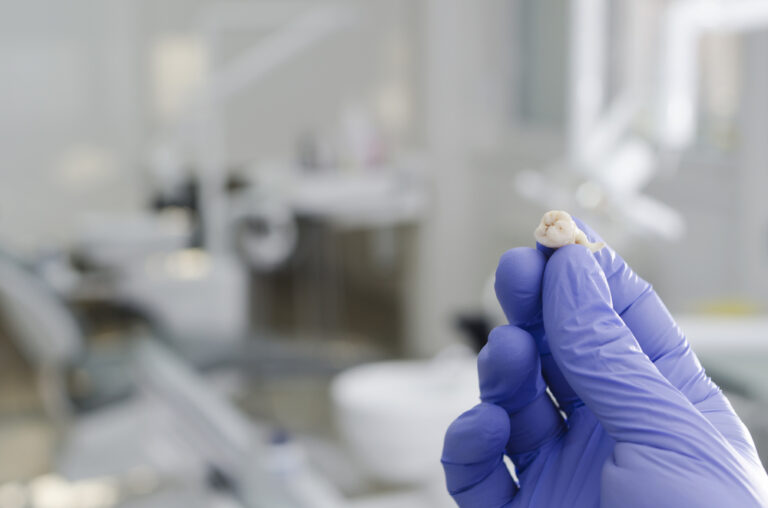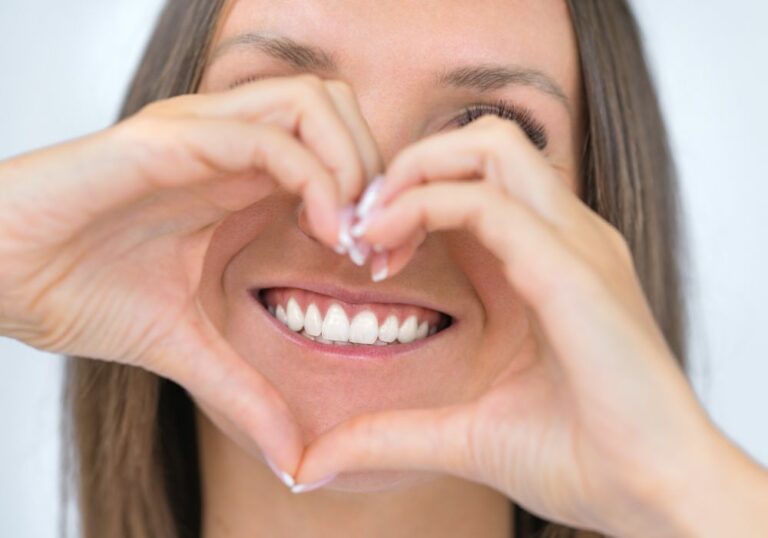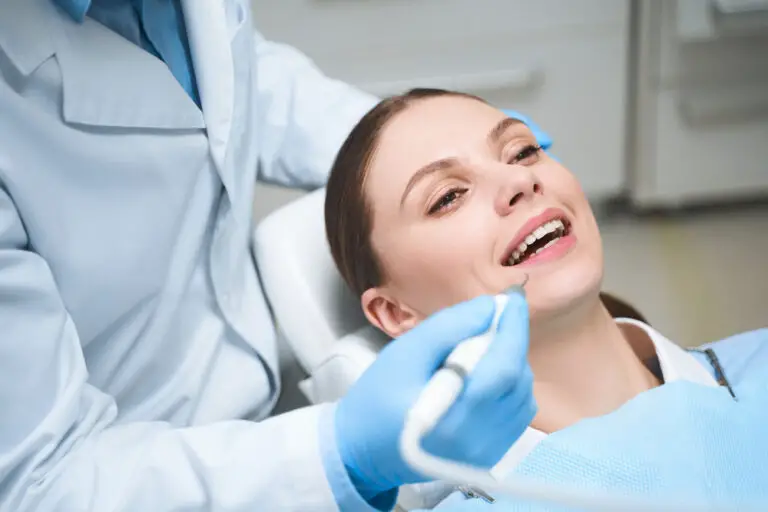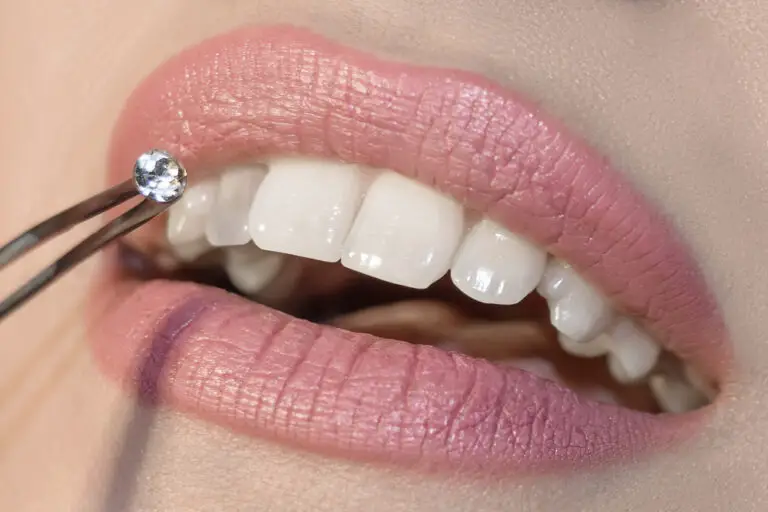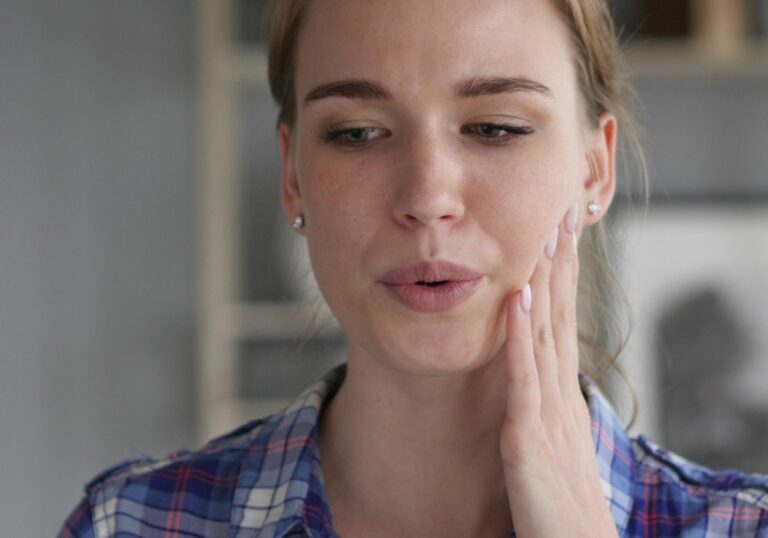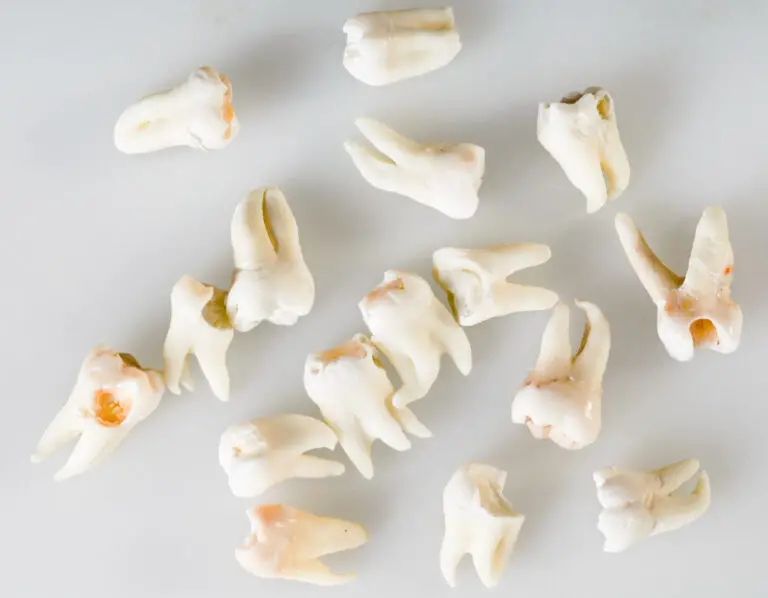Like most animals, dogs haven’t been gifted with opposable thumbs so they tend to use their mouths not just for eating and barking but for a wide variety of other things too. These can include carrying things, touching/checking stuff, and, yes – playing, often in the form of nibbling at people and things with their front teeth.
Is this all nibbling is, however – just a way to play? Is nibbling dangerous in any way? Can be it a symptom of a problem? Is it a problematic behavior that necessitates a consultation with a behaviorist? To find out, let’s go over the 11 possible reasons for why does my dog nibble me with his front teeth and what to do about it.
Is Nibbling the Same as or a Type of Biting and Should You Be Concerned About It?
Before we can find out why dogs nibble, let’s first clarify exactly what nibbling is. It’s easy to confuse nibbling with biting if you haven’t owned a dog before but that’s not what it is. You can describe it as a “play bite” if you want but it’d be more accurate to say that it’s an entirely separate type of “mouth interaction”.
To understand what we mean, consider the teeth involved in nibbling – neither the sharp canines nor the heavy chompers have anything to do with a playful nip – it’s just the short and flat incisors between the canines that come in contact with the skin or fabric that’s been nibbled at. And those aren’t nearly as flat as the canines nor can deliver the strong bite of the chompers.
Instead of seeing it as biting – which is almost always preceded by signs of aggression such as barking, growling, or other warning signs – nibbling is more like corn-cobbing. It’s soft, gentle, and measured – just strong enough to pick the corn off the cob but not more than that.
You may have also observed your dog nibble at its toys – this is what your pet does when it wants to play with the toy but isn’t trying to tear it apart or scratch its itchy gums on it. In essence, nibbling is just a light and playful interaction that involves some of the dog’s front teeth in a gentle manner.
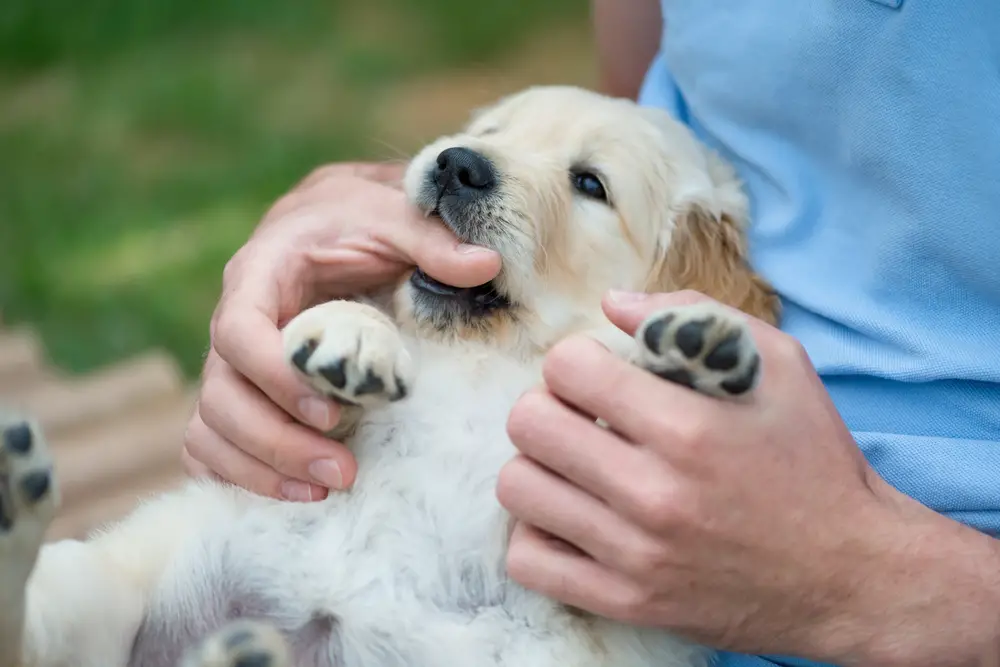
Nibbling vs Biting
Nibbling doesn’t need any warnings because it’s not dangerous. Biting almost always comes with a warning. Some exceptions to that can include if the dog has been trained to immediately bite in some situations, if it has some past trauma that leads to similar behavior, or if it feels like it’s your superior in your social hierarchy and can do whatever it wants. That’s why obedience training is always important for dogs.
Fortunately, nibbling has nothing to do with any of this and it’s just a playful nib with little to no pressure applied.
Nibbling vs Bouthing
Mouthing is very similar to nibbling in that both are playful and are meant to be harmless. The only significant difference between the two is that mouthing happens with the entire mouth and all or most teeth in it, not just the front incisors.
The one potential risk with mouthing is that if the dog gets overexcited or suddenly startled, it may accidentally apply a little more pressure than it has intended. In those situations, a playful mouthing can become a light bite. Even then it’s unlikely to cause all that damage, however – the difference between “little to no pressure” and an actual 400 PSI (pounds per inch) dog bite is very significant and mouthing is extremely unlike to jump from 0 to 400 out of nothing.
Still, an accidentally stronger mouthing will hurt a bit more than an accidentally stronger nibbling simply because the former involves the dog’s chompers and canines and the latter doesn’t.
Why Does My Dog Nibble Me With His Front Teeth?
Now that we understand what nibbling is, let’s see why and when it happens:
1. The dog is just playing
By far the most common reason for dog nibbling is that your pooch is just playing. Dogs do that with their siblings, with any chew toy they can find, and with their humans – it’s just a part of your dog’s body language.
2. Out of anxiousness
Another reason for such nibbling behavior can be that your dog is anxious. Separation anxiety, in particular, is a huge issue in a lot of the more social dog breeds, however, even just stuff such as boredom or getting the nerves can lead to some excessive nibbling.
3. Nibbling as a fear response
You know how some people can chatter with their teeth when they are afraid? Dogs can do the same, only in their case this looks more like nibbling at things – often their owners’ clothes, a favorite blanket, your skin when they want you to protect them, and so on. If you see that your dog is doing such excessive nibbling in certain situations while also displaying other signs of fear, it may be good to find a way to calm your dog down.
4. Your dog just really loves you and wants to show affection
Nibbling is also often a sign of affection – it’s what a mother dog does to her puppies from the moment they are born. Like licking, the wagging of the tail, joyful whimpering, or straight-up jumping on you, when you come home, nibbling, can just mean that your dog loves you very much.
5. Your pooch is feeling possessive toward you
Love and possessiveness can appear close even if they aren’t the same. Unfortunately, dogs aren’t any more to the latter than humans are. So, you can expect your dog to get nippy if you’re with someone the dog is jealous of and wants your attention back.
6. The dog may be feeling some pain or discomfort in its teeth and mouth
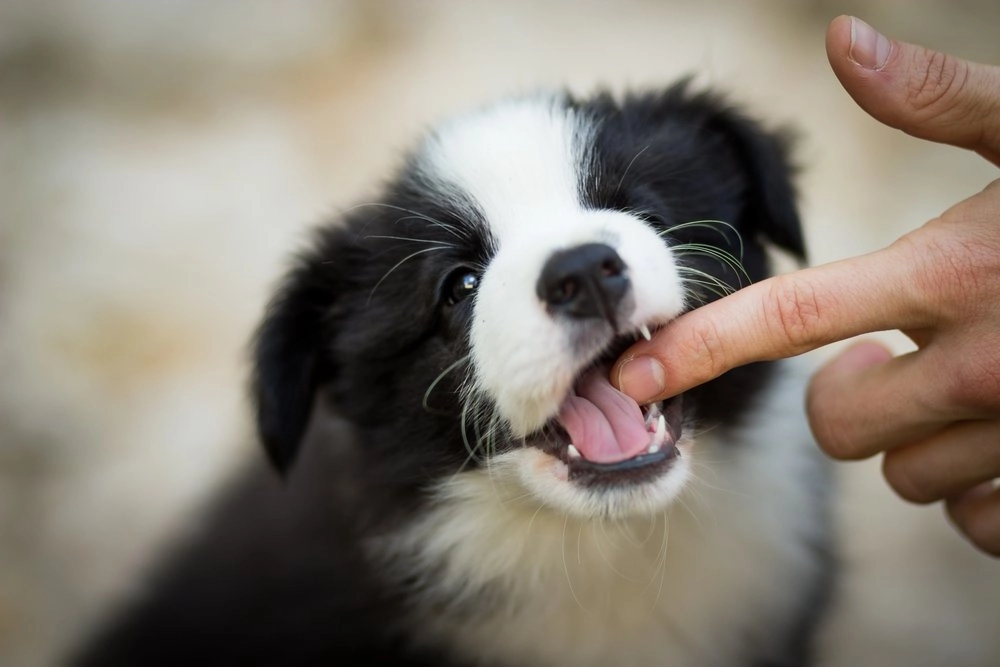
Probably the biggest concern to have if your dog suddenly starts nibbling at you is that this may be a symptom of certain dental problems. There are quite a few such issues dogs can suffer from and you should contact your vet if you suspect any of them.
Some people mistakenly think that their young pups are nibbling because of their teething process but, when that happens, dogs tend to chew rather than nibble. So, if your dog starts displaying such unordinary behavior, especially if it’s coupled with licking the air, call your veterinarian.
7. You’re being groomed
Nibbling is also something dogs do for grooming – both on themselves and on other dogs’ fur. This is typically done to get rid of an itch or to deal with parasites such as fleas and ticks. So, if your dog is nibbling at you it may be that your skin smells funky or something like that.
8. Your dog is investigating something
Dogs can nibble when you want to test something the way we can fiddle at things with our fingers. So, you can often see your dog do that when it’s investigating something. Maybe something smells like treats anything else that’s interesting.
9. It’s just an impulsive and comforting behavior
At the end of the day, nibbling is just a basic, intuitive, and comforting puppy behavior. It often remains a habit in adult dogs even after the puppy years as it calms them and serves as a bonding mechanism.
10. The dog is really excited about something and/or wants your attention
Dogs can easily learn which behaviors grab your attention and which get ignored. So, if you always give your dog attention when it nibbles at you, it may keep doing it every time it wants attention, praise, a reward, or another type of positive reinforcement.
11. Your skin may just be tasty
The simplest explanation is often the correct one – your skin or clothes may just be tasty for some reason. This often happens when we’re sweating as our sweat is salty or when we have a food stain on our clothes. In those cases the nibble is often accompanied by licking, however, so it’s pretty easy to realize what’s happening.
In Conclusion
Most pet owners get intimately familiar with dog nibbling early on – there are just so many reasons why dogs do this. Yet, while nibbling is almost always harmless to the person or thing that’s getting nibbled at, some forms of nibbling can be problematic as they are symptoms of certain physical or emotional problems that need to be addressed.
So, should you recoil and yell when your pup decides to nibble at your hand? No, there’s almost certainly no need for that. However, it may be worth it to examine the situation and figure out why your dog is doing that and whether it’s just for fun or something else.

